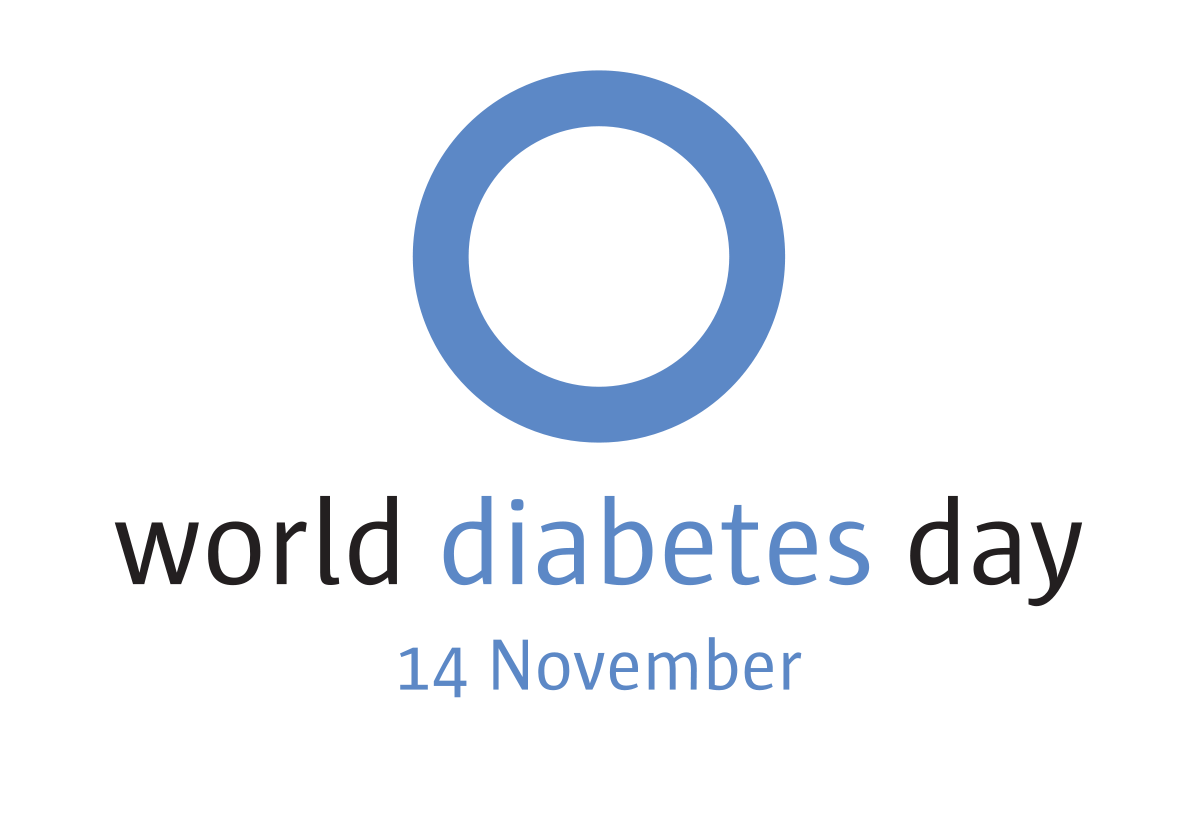Realizing the Indian dream of being diabetes-care capital of the world
November 11, 2020 | Wednesday | Views
This World Diabetes Day our aim is to increase awareness and understanding of the disease in a broader entirety
Image source: wikipedia
Dubbed as the ‘diabetes capital of the world’ India is home to around 50 million people suffering from Type-2 diabetes. With a deep-rooted socio-cultural history spanning across millennia, India’s experience with health and disease has come a long way. Diabetes as a disease-entity was originally recognized as Madhumeha in ancient Indian medical chronology.
Madhumeha and its implications as a metabolic disease were explained by the legendary Indian doctor Sushruta, around two thousand years ago. This association of lifestyle and metabolic health underlies the vital importance of socio-cultural practices in influencing diabetes outcomes. Contemporary scientists have discovered the developmental programming of diabetes risk in our population. Improper nutrition of the mother during pregnancy contributes to the developmentally lower metabolic capacity of the child. The inherently lower metabolic capacity leads to an increased predisposition for developing diabetes later in life.
Under-appreciated lifestyle aspects further compound the risk of diabetes; these include high-calorie carbohydrate-rich diets, inadequate protein-consumption, sedentary habits and inertia for exercise, and inadequate coping with stress. The development of heart disease is also closely linked with kidney disease, as these organ systems share a complex pathological interrelationship. Indians are also characterized by relatively earlier-onset and rapid progression of kidney disease risk. In fact, all these predisposing factors serve as the common soil, seeding the risks of diabetes as well as heart disease. Indian patients tend to develop Type-2 diabetes as well as heart disease a decade earlier than the western population, and exhibit poorer disease outcomes.
The double whammy of diabetes and heart disease, in a predisposed population undoubtedly calls for monitoring the burden of disease in our community. Some pivotal exploratory work supported by BI India has furnished some insights in this regard. The “I-CaRe for Diabetes” survey, performed in 1,202 patients with type-2 diabetes from 300 outpatient-departments across India, demonstrated approximately 1/3 rd of patients had some form of cardiovascular disease; this prevalence is consistent with the global estimates. Over 1/5 th of the patients had overt chronic kidney disease, whereas more than half of the patients had manifestation of early forms of kidney disease.
95% of the patients had some additional cardiovascular risk-factor, apart from diabetes (like high blood-pressure, high lipid levels, smoking, abdominal obesity, or family-history of premature cardiovascular disease). This finding undoubtedly calls for holistic management of cardio-metabolic risk in patients with diabetes, rather than focusing merely on blood-sugar levels. The evidence also suggests that a simple clinical tool can help in screening our patients with type-2 diabetes, for significant predisposition to heart disease.
In light of the complex underpinnings of heart-disease, kidney disease, and metabolic syndrome in our population, the principle of holistic approach towards diabetes care is of undisputable relevance. Often, diabetes is misconstrued as mere derangement of blood-sugar levels, which may narrow- down our vision from the broader and essential premise of good health.
This World Diabetes Day, our aim is to increase awareness and understanding of the disease in a broader entirety, recognize its implications on the health of a patient, rather than merely the disease-entity. While lifestyle modification is a cost-effective solution to curb diabetes, a more intense plan of control and care for elderly diabetics is essential. We must collectively share in the vision of healthcare experts, and the government in progressing the country from being the ‘Diabetes Capital’, to being the exemplary ‘Diabetes-Care’ capital of the world.
Dr. Shraddha Bhure, Medical Director, Boehringer Ingelheim India and and Dr Jignesh Ved, Team Lead - Diabetes (Jardiance and Combinations)










